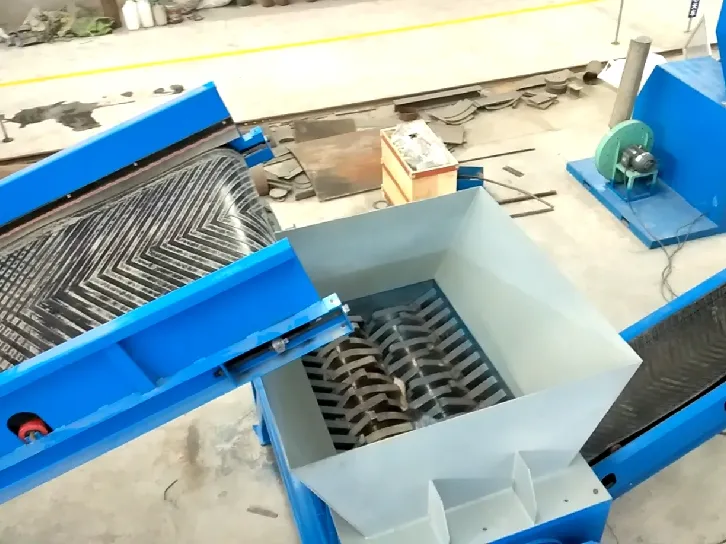

Dic . 22, 2024 02:59 Back to list
How to Dispose of Circuit Boards Responsibly
The rapid advancement of technology has led to a significant increase in the production of electronic devices, which, in turn, has resulted in a growing volume of electronic waste, or e-waste. Among the various components of e-waste, circuit boards are particularly challenging to dispose of due to the toxic materials they often contain and the valuable metals they can recover. Proper disposal of circuit boards not only helps in protecting the environment but also contributes to the sustainability of resources. Here is a comprehensive guide on how to dispose of circuit boards responsibly.
Understanding Circuit Boards
Circuit boards are essential components in nearly all electronic devices, from smartphones and laptops to household appliances. They are made from a combination of materials, including non-recyclable plastics, copper, gold, and other precious metals. While the metals are valuable and can be recovered, improper disposal can lead to environmental contamination. When circuit boards end up in landfills, they can leach harmful chemicals into the soil and groundwater.
Steps for Responsible Disposal
1. Evaluate Condition and Functionality
Before deciding to dispose of a circuit board, assess whether it can be reused or repaired. In many cases, older electronic devices may still have functional components. Donations to schools, community centers, or repair shops can prolong the life of these devices and ensure that they serve a purpose.
2. Find a Recycling Program
Many communities have electronic recycling programs dedicated to the proper disposal of e-waste, including circuit boards. Search for local e-waste recycling centers or events where you can drop off your circuit boards safely. These facilities often have the necessary equipment and expertise to recycle these materials efficiently, reducing the environmental impact.
3. Use a Certified E-Waste Recycler

If possible, choose a recycler that is certified under recognized standards, such as R2 (Responsible Recycling) or e-Stewards. These certifications ensure that recyclers follow best practices in handling, recycling, and disposing of e-waste. They help guarantee that hazardous materials are managed properly and valuable resources are recovered effectively.
4. Consider Manufacturer Take-Back Programs
Many electronic manufacturers offer take-back programs for their products. Check if the manufacturer of your electronic device has such a program in place. This service allows you to return old devices, including circuit boards, for safe recycling and disposal, which also promotes sustainability efforts.
5. Educate Yourself About Local Regulations
Familiarize yourself with local laws and regulations regarding electronic waste disposal. Many regions have specific guidelines for e-waste that must be followed to prevent illegal dumping and ensure proper environmental protection. Understanding these regulations can help you make informed decisions when it comes to disposal.
The Benefits of Responsible Disposal
Properly disposing of circuit boards brings numerous benefits. First and foremost, it reduces the risk of environmental pollution. By recycling circuit boards, toxic substances like lead, cadmium, and mercury are kept out of landfills and the environment. Additionally, recycling helps conserve natural resources by recovering valuable metals like gold, silver, and copper, which can be used in the production of new electronics.
Moreover, responsible disposal fosters a circular economy, encouraging sustainable practices in electronics manufacturing and waste management. As consumers become increasingly aware of the environmental impact of e-waste, participating in responsible disposal and recycling practices can lead to a healthier planet.
Conclusion
Disposing of circuit boards need not be a daunting task. By evaluating the condition of your electronics, utilizing recycling programs, and educating yourself on local regulations, you can contribute to a more sustainable future. Each action taken towards responsible disposal not only protects the environment but also conserves valuable resources, paving the way for a greener planet.
Latest news
Troubleshooting Common Eddy Separator Problems
NewsJul.04,2025
The Role of Metal Recycling Plants in Circular Economy
NewsJul.04,2025
The Impact of Recycling Line Pickers on Waste Management Costs
NewsJul.04,2025
Safety Features Every Metal Shredder Should Have
NewsJul.04,2025
How Industrial Shredders Improve Waste Management Systems
NewsJul.04,2025
How Cable Granulators Contribute to Sustainable Recycling
NewsJul.04,2025